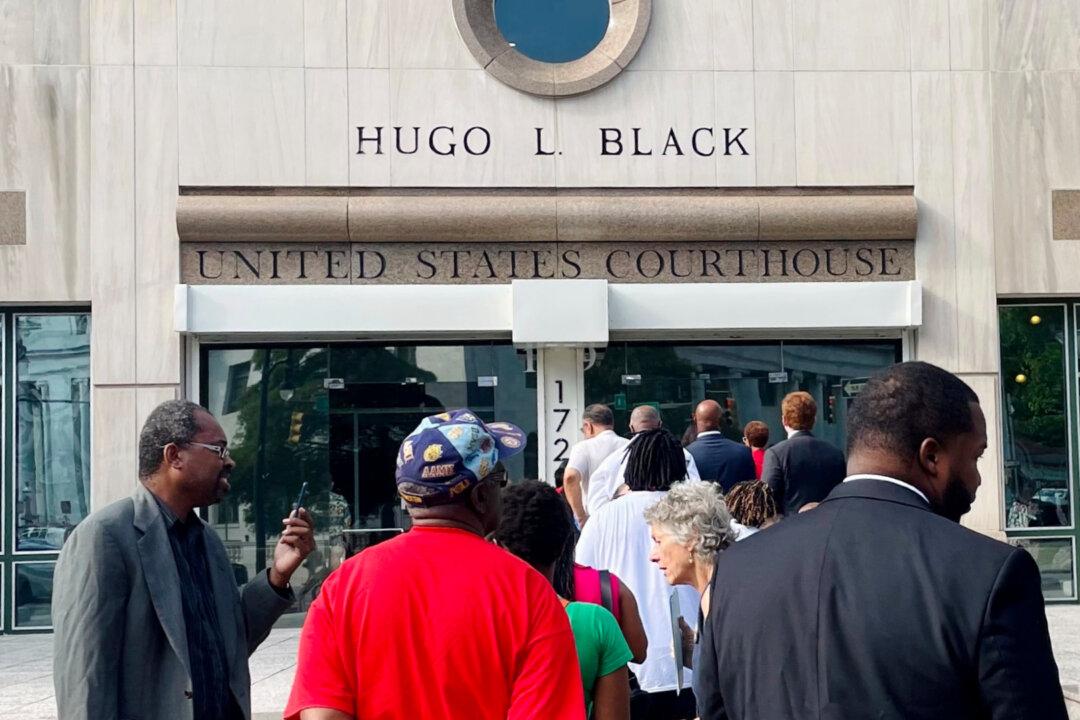It’s a fine litigative line: Gerrymandering by a majority party for political purposes is legal because elections have consequences. But if the consequences of gerrymandering predetermine election results by diluting the voting efficacy of racial minorities, then it is illegal.
Defining when “racial gerrymandering” is constitutional and when it is not is a nub of contention in dozens of proceeding and pending redistricting lawsuits nationwide. These range from how a Texas county crafted its county commission precincts to a South Carolina case challenging the state Legislature’s congressional district map to be heard before the United States Supreme Court in October.





